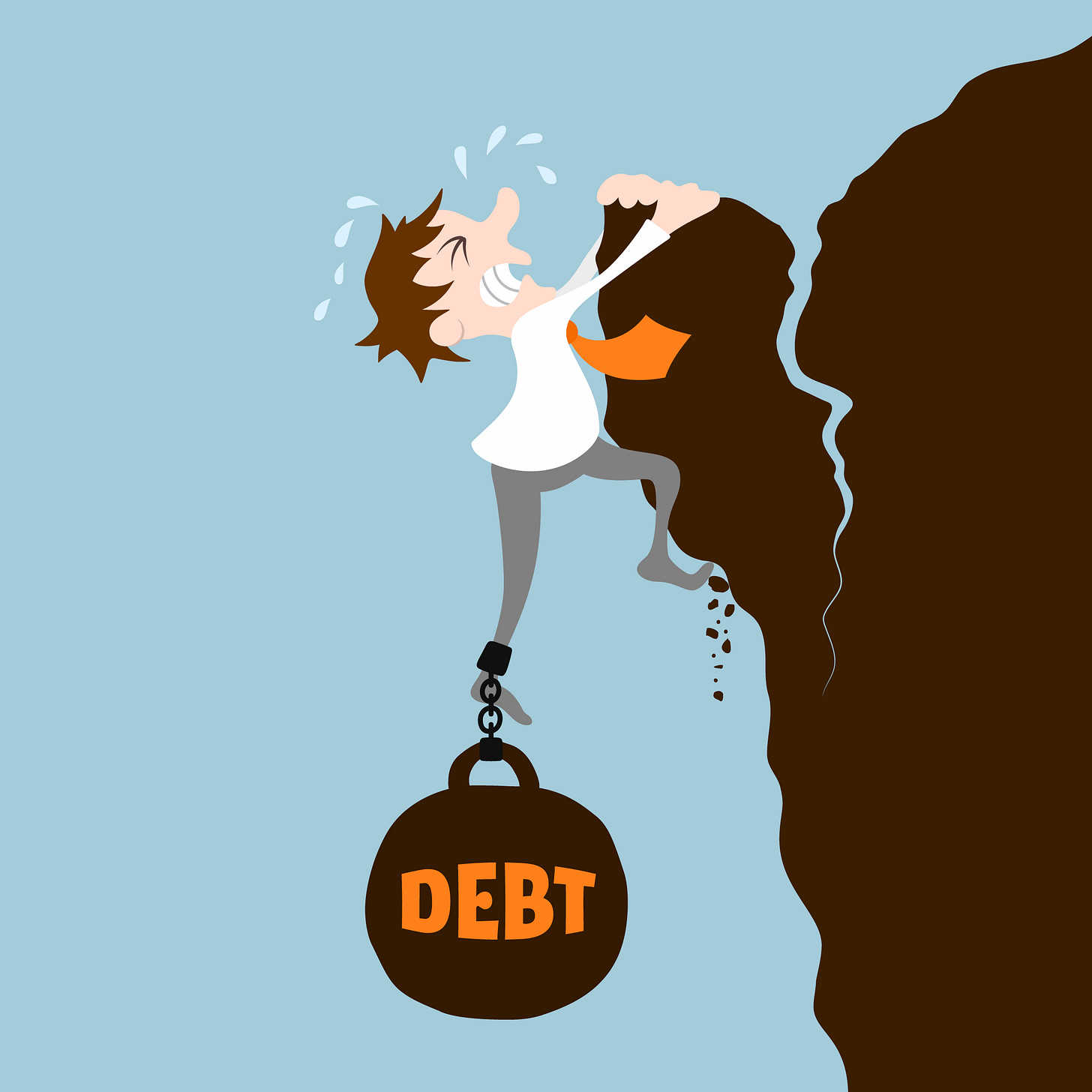CL #6: The Ultimate Savings Hack
Nick Maggiulli's Key to Financial Freedom
In this week’s edition we are going to learn the ultimate hack to saving more money.
Saving money is a crucial skill in building your own wealth and that of your future generations. Money has become synonymous with freedom, significance and security.
Your savings today could be the seed to great investments or bail you out of unforeseen future challenges.
Unfortunately, most people can’t seem to save enough money to live the life of their dreams.
The biggest reason is that they are drowning in debt.
Other reasons include:
Not keeping a budget
Living beyond their means
No clear goal to financial freedom
We are going to explore the one thing you need to do, to get into a cycle of saving money.
In the video below, Nick Maggiulli, author of best selling book, Just Keep Buying explains:
For most people, their struggle with building wealth is not a spending issue, it’s an income issue.
You can’t save yourself out of poverty.
Think of it this way:
You need a certain baseline amount of money to cater for your basic needs; food, rent, clothes, education etc.
No matter how much you try, you cannot cut out these essentials from your spending.
This means that cutting expenses won’t help you.
There’s so much you can do in trying to lower your spending floor
You’ve got to raise the ceiling!
How do you increase your income?
Here are two ways:
1: Get a more valuable skill
The best way to make money is to get paid offering a valuable skill to someone.
It could be a hard skill such as mowing the lawn, washing a car, taking care of a dog etc.
Or a soft skill such as writing adverts, managing social media accounts or selling literally anything.
Take stock of the skills you have, and look for people who can pay for them.
If you’re in a job, look for companies who can pay more for your skill.
2: Start a business
A business is all about identifying a need and meeting it with a solution in exchange for money.
If you sell fresh water in a desert of thirsty people you’re rich.
Don’t overcomplicate it.
If you can expend a cost, meet someone’s need and recover your cost plus extra cash then you’re in business.
Use the extra income to get out of debt
Debt often presents itself to us as extra income, but in the long run, it ends up enslaving us.
Taking on consumer debt is using tomorrow’s income today, yet we need to use yesterday’s income today.
You can’t grow wealthy with consumer debt. The only debt you are allowed to take is debt that produces more income e.g. a loan for a viable business.
Monitor your expenses to stay out of debt
If you monitor your expenses, I guarantee you that you will save more.
You will be surprised on how much money you spend on things you didn’t think you were spending on.
When we tracked our expenses with my wife, we found that we spent too much on Uber rides. So we had to cut out on most of them and track them every month.
As a result, we were able to save more.
I challenge you to monitor your every expense today. No matter how small it is.
Pay yourself first
The bottom line is:
It doesn’t matter how much you earn, what matters is how much you’re left with.
When you pay rent, you’re paying the landlord.
When you pay for food, you pay the supermarket.
When you pay for transport, you pay the car owner or fuel company.
So who will pay you if you don’t pay yourself?
Do not save what is left after spending, but spend what is left after saving.
- Warren Buffet
Disclaimer: I am not a financial advisor. The content of this article reflects my opinion on money and is for educational purposes only. Do your own research and consult a licensed financial advisor.
That’s it for today! If you enjoyed this post, please support me by taking two actions:



This is a very insightful piece.
I have often found myself looking at my MPesa statements and wondering who was using my account because I can't tell when I had all the money I see in the records.
Peter Drucker said, "You can't manage what you can't measure." I have found that tracking my expenditure is key to building financial discipline.
I love what you have said that savings is a seed to investment. Never saw it that way.
Thanks for sharing